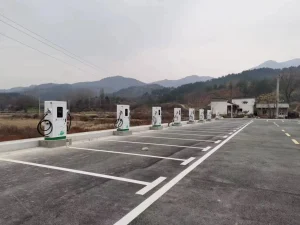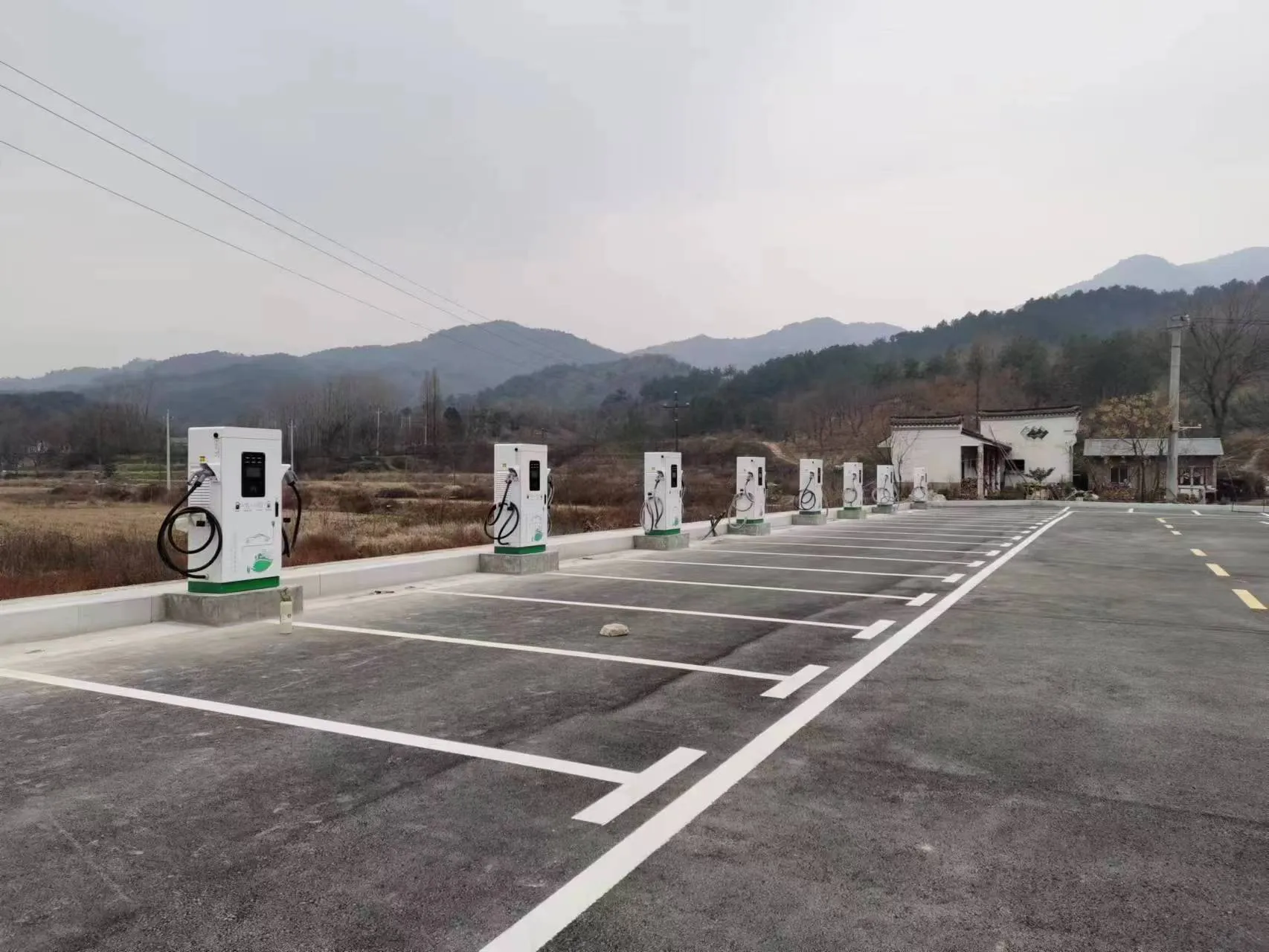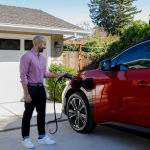Introduction
As electric vehicles gain popularity, understanding charging costs is critical. Home and public charging are the two primary methods, each with different costs, convenience, and use cases. This article compares the real costs of home and public charging to help you make informed decisions.

Home Charging Costs
Home charging is typically the most cost-effective option. According to Qmerit, the average cost of home charging is about $0.16 per kilowatt-hour (kWh), though this varies by region. For example, electricity rates may be $0.11/kWh in Washington State but as high as $0.41/kWh in Hawaii.
-
For a 40 kWh battery, home charging costs about $6.00–$6.40.
-
If you drive 13,489 miles annually, home charging costs roughly $506–$720 per year.
However, home charging requires installing a charger, with initial costs starting at $1,000. Upgrading electrical panels can push costs above $3,000. In the U.S., a 30% federal tax credit and some state incentives can offset these expenses.
Public Charging Costs
Public charging includes Level 2 and DC Fast Charging. Level 2 public charging costs about $0.20–$0.25 per kWh, while DC Fast Charging is pricier at $0.40–$0.60 per kWh.
-
For a 40 kWh battery, Level 2 public charging costs $8–$10, and DC Fast Charging costs $16–$24.
-
For 13,489 miles annually, Level 2 public charging costs $770–$963 per year, while DC Fast Charging costs $1,540–$2,300.
Cost Comparison
Home charging is significantly cheaper than public charging. It costs at least $0.04 less per kWh than Level 2 public charging and up to one-third the cost of DC Fast Charging.
Other Factors
-
Charging Time: Home charging (Level 2) takes 4–10 hours, ideal for overnight parking. Public DC Fast Charging can charge to 80% in 20 minutes to 1 hour, perfect for long trips.
-
Convenience: 80% of EV owners charge at home for its affordability and ease. The U.S. has over 72,000 public charging stations with 207,000 ports, but free stations often have long waits or reliability issues.
Conclusion
Home charging is the preferred choice for most EV owners due to its lower costs and convenience. However, for frequent long-distance travel, public DC Fast Charging offers quick top-ups at a higher cost. Your driving habits and needs will determine the best charging method.
References
-
Qmerit – Comparing Long-Term Cost Analysis of EV Home Charging vs. Public Charging


